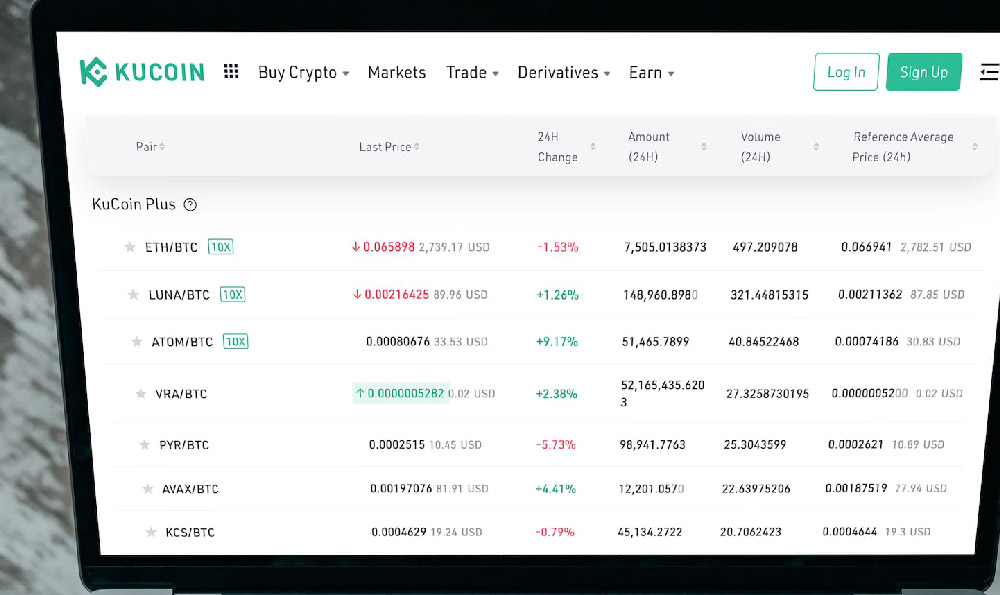Make Money Online: Effective Strategies to Earn Income

Make Money Online: Effective Strategies to Earn Income
In today's digitally interconnected world, the internet has become a powerful tool for generating income, offering opportunities that transcend traditional financial boundaries. While the idea of earning money remotely may seem enticing, it requires a nuanced understanding of market dynamics, risk management, and sustainable growth strategies. Success in this domain hinges on more than just adopting a trendy method; it demands a deliberate approach that aligns with personal skills, financial goals, and long-term planning. Whether one seeks passive income streams or active ventures, the key lies in identifying paths that are not only achievable but also resilient to economic fluctuations.
The foundation of any effective online income strategy begins with assessing one's existing resources and capabilities. For instance, individuals with expertise in a particular field can leverage platforms like Upwork, Fiverr, or Toptal to offer services such as writing, programming, or graphic design. These platforms provide access to a global clientele, allowing professionals to monetize their skills without the constraints of a physical office. However, the competitive nature of such markets necessitates a strong portfolio, consistent communication, and an understanding of pricing structures. Success here requires not only technical competence but also an ability to market oneself effectively in a crowded digital space.

Another viable avenue is investing in digital assets or financial instruments through online platforms. While the allure of high returns is significant, it is crucial to recognize that such opportunities often come with elevated risks. For example, trading cryptocurrencies involves navigating volatile markets and potential regulatory uncertainties, demanding thorough research and risk tolerance evaluation. Similarly, investing in stocks or real estate through online brokerage accounts offers varying degrees of accessibility and return potential. A careful balance between risk and reward can be achieved by diversifying investments across different sectors, employing stop-loss orders to mitigate losses, and staying informed about macroeconomic indicators.
Creating and monetizing digital content represents a dynamic strategy that leverages the growing demand for online entertainment and information. Platforms like YouTube, TikTok, or Medium allow individuals to generate income through advertising, sponsorships, or affiliate marketing. However, building a substantial audience requires time, creativity, and consistency. For instance, a content creator must not only produce high-quality material but also engage with their audience, analyze viewer retention metrics, and adapt to evolving trends. The risk here often lies in the unpredictability of content performance and the saturation of niche markets. To optimize this strategy, individuals should focus on long-term value creation rather than chasing short-term trends, while also allocating funds for platform fees and potential equipment upgrades.
E-commerce has emerged as a cornerstone of online income generation, particularly with the rise of dropshipping, affiliate marketing, and digital product creation. For example, starting an online store through platforms like Shopify or Etsy can be relatively low-cost, but success depends on market research, branding, and customer acquisition strategies. A common pitfall is overestimating demand for a particular product without validating it through surveys or competitor analysis. Conversely, creating digital products such as e-books, online courses, or printables can offer passive income potential but requires upfront investment in content creation and marketing. The challenge lies in identifying a unique value proposition that resonates with a specific audience while also ensuring scalability and profitability.
For those with a passion for teaching or sharing knowledge, online education represents a lucrative opportunity. Platforms like Udemy, Coursera, or even YouTube allows individuals to reach a global audience, potentially generating recurring income through course sales or subscription models. However, the cost of developing educational content can be substantial, ranging from time and effort to software and design tools. Additionally, the success of an online course depends on the clarity of instructional design, the relevance of the subject matter, and the ability to engage learners through interactive elements. To sustain this income stream, educators must continuously update their content to reflect industry advancements and invest in quality analytics to refine their offerings.
The internet also presents opportunities for passive income through rental platforms or automated systems. For instance, monetizing a website via affiliate marketing or advertising requires a steady flow of traffic and content optimization strategies. Similarly, rental services like Airbnb or Turo allow individuals to generate income by leveraging underutilized assets, though they come with operational responsibilities such as maintenance and customer service. An alternative is investing in dividend-paying stocks or rental real estate through online platforms, which can provide stable returns over time. However, these ventures require initial capital and a long-term commitment, emphasizing the importance of financial discipline and strategic planning.
Ultimately, generating income online is a multifaceted endeavor that requires a blend of financial acumen, technical skills, and adaptability. While some strategies offer the potential for rapid returns, others demand patience and persistence. The critical factor is to align income-generating activities with personal strengths, interests, and risk appetite. Whether one chooses to invest, monetize content, or offer services online, the journey involves continuous learning, strategic adjustments, and a long-term vision for financial growth. By adopting a holistic approach that balances immediate opportunities with future potential, individuals can navigate the complexities of the digital economy and build a sustainable income stream.



